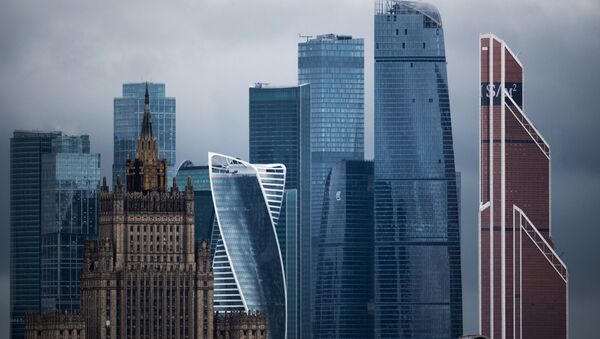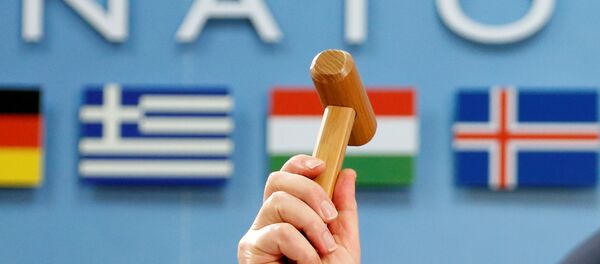"NATO has not said that the bilateral cooperation has been unfrozen, but the block has made a step in the right direction. I will emphasize that it is not NATO's initiative. This is something that Russia and Russian diplomats have long called for. This step shows that positive changes are possible," the expert said.
On March 3, General Petr Pavel, Chairman of the NATO Military Committee, called Army General Valery Gerasimov, Chief of Staff of the Russian Armed Forces, with the conversation focusing on security issues, potential restoration of military cooperation, measures aimed at incident prevention, as well participation of NATO representatives in international activities held by the Russian Defense Ministry. This wss the first high-level military contact between Russian and NATO military officials since April 2014.
"Such issues could be discussed at the political level only with military officials present and they were unable to participate [in these discussions]. This channel appears to have been unblocked now. It is all about showing intent at the moment, but this is also important. The next G7 summit will take place in May, with the new US administration taking part in the event. It is unclear how things will pan out," the analyst said. "One thing is clear: even joint initiatives with regard to lowering risks require practical cooperation between Russia and NATO. If so, then bilateral cooperation should be unfrozen."
Have you heard the news? Sign up to our Telegram channel and we'll keep you up to speed!



